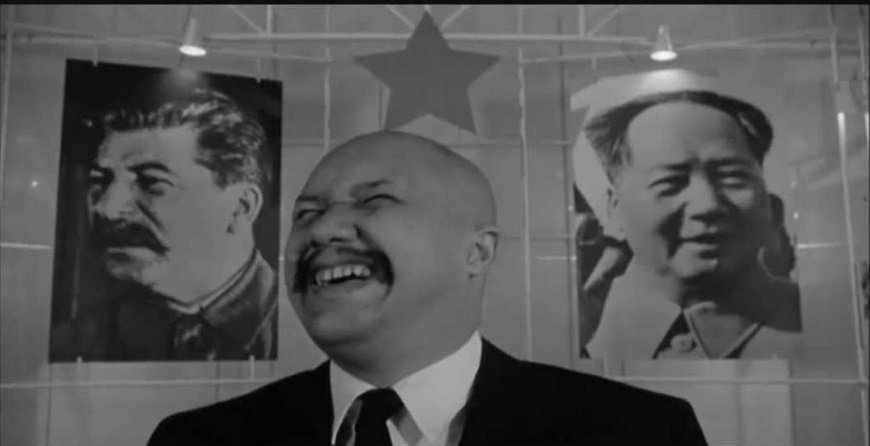
Andrew Salter, now considered one of the founders of behaviour therapy, published this short book in 1950. A strong opponent of Freudian psychoanalysis, Salter was convinced that hypnosis was a far more potent tool for solving people’s problems, such as insomnia, smoking, stuttering and so on. He presents a number of examples of successes in the field, including some remarkable experiments that showed how patients could auto-hypnotise themselves into not feeling physical pain.
Writing the book shortly after the Second World War — and with the Korean war now raging — he argued for the possible usefulness of his research for military purposes. Soldiers, he wrote, “can quickly be taught to make themselves immune to such sounds and pains as they wish. It is not impossible to imagine battalions of self-anaesthetized soldiers going into battle.”
Salter was also convinced that hypnotised individuals could be induced to perform acts that ran contrary to their morals, or that caused them harm. He was convinced that subjects could be turned into criminals — even murderers — in the hands of a capable hypnotist. No wonder his work is cited by the fictional Communist Chinese villain Yen Lo in the book and film versions of The Manchurian Candidate.